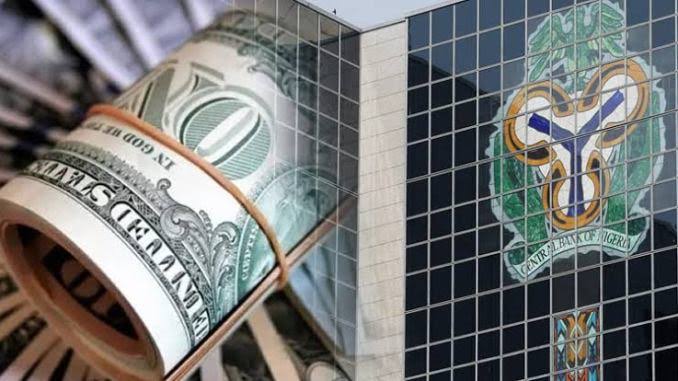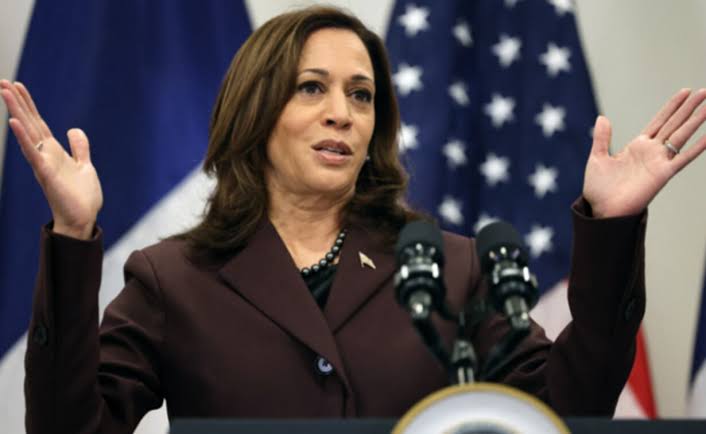VAM News Update
A recent stress test by the Central Bank of Nigeria (CBN) has uncovered a concerning revelation on the Capital Adequacy Ratio (CAR) among prominent Deposit Money Banks (DMBs) holding international authorisation.
The banks mentioned in the CBN’s quarterly economic report are: Access Bank Plc, Fidelity Bank Plc, First City Monument Bank Limited, First Bank of Nigeria Limited, Guaranty Trust Holding Company Plc, Union Bank of Nigeria Plc, United Bank for Africa Plc and Zenith Bank Plc.
They were scrutinised based on their capital strength and risk profile, a crucial measure of a bank’s financial stability.
The stress test was conducted to assess the banks’ financial health and ability to withstand adverse economic conditions or shocks.
The test specifically focused on the capital adequacy ratio (CAR), which measures the proportion of a bank’s capital to its risk-weighted assets and is used to determine the bank’s financial stability.
The CAR is a regulatory requirement set by the CBN and each bank is expected to maintain a minimum level of capital to ensure their ability to absorb potential losses.
Based on the results of the stress test, it has been revealed that among the eight banks with international authorisation, their capital adequacy ratio is lower than the minimum regulatory requirement set by the CBN.
This implies that these banks may have insufficient capital to meet potential losses during challenging economic conditions, which could potentially impact their overall financial stability.
The CBN’s revelation of the banks’ CAR falling below the minimum regulatory requirement highlights a concern regarding the financial strength of these banks and emphasizes the need for appropriate measures to be taken to address this issue.
It could prompt regulatory action such as requiring the affected banks to raise additional capital or implement strategies to strengthen their financial position, to mitigate any potential risks to the banking sector and overall economy.
The CBN’s 2021 guideline mandated banks to maintain a prudential Capital Adequacy Ratio of 10 per cent for National and Regional Banks, while banks with international authorisation were instructed to uphold a 15 per cent regulatory Capital Adequacy Ratio.
However, the recent report highlights a decline in the banking system’s Capital Adequacy Ratio, dropping by 3.0 percentage points to 11.2 per cent, notably below the 15.0 per cent threshold set for banks with international authorisation.
This decline in the banks’ CAR was attributed to a decrease in total qualifying capital relative to increased risk-weighted assets due to the naira’s depreciation following the adoption of a market-determined exchange rate policy. This reflects the challenges faced by these institutions.
The depreciation, stemming from the CBN’s managed float of the exchange rate in June 2023, significantly impacted banks, leading to substantial foreign exchange losses and affecting the required capital for international, national, and regional banks.
Speaking at the Chartered Institute of Bankers of Nigeria’s annual dinner, CBN Governor Olayemi Cardoso highlighted plans to introduce new capital requirements for banks.
Cardoso emphasised the industry’s strength under mild to moderate stress scenarios, as indicated by a stress test conducted on the banking sector.
(Courtesy, excluding headline, The Nation)










